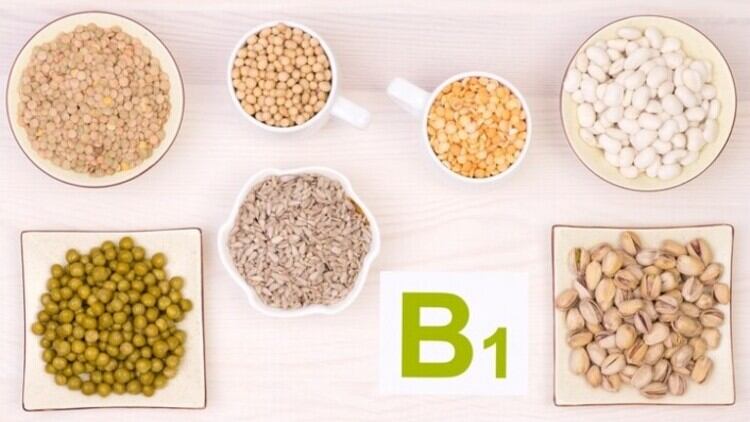The review, titled “Effect of thiamine supplementation on glycaemic outcomes in adults with type 2 diabetes: a systematic review and meta-analysis” and published in the journal BMJ Open, evaluated the effectiveness of the supplement on glycaemic outcomes among such patients.
Based on past research, these patients have been shown to face thiamine deficiency. Hence, the supplement was suggested as an economic strategy to control blood glucose. However, the current review found the contrary to be true.
“Type 2 diabetes resulted in 59,258,034 disability-adjusted life years in 2012 and became the third most common cause of fatal complications. It is a known risk factor for ischaemic heart disease, with approximately 20% to 30% of patients undergoing coronary artery bypass graft. Hence, it is vital that prevention or optimal management strategies are implemented to reduce the effect of this global epidemic.
“Vitamin supplementation has been reported to improve glycaemic outcomes in patients with type 2 diabetes T2DM. One vitamin extensively investigated is thiamine (vitamin B1)… However, thiamine supplementation does not affect glycaemic outcomes. Nonetheless, it reduces triglycerides while increasing HDL (high-density lipoprotein),” said the researchers.
They analysed six trials involving 364 participants, which measured glycaemic outcomes, such as HbA1c, fasting blood glucose and postprandial blood glucose. Five were placebo-controlled RCTs, while the last one was a cross-over RCT.
The studies were conducted in six countries: Pakistan, Australia, Germany, the Netherlands, Hungary and Mexico/USA. The distribution of male and female participants was generally even.
Unpromising data
Pooled data, such as those derived from two trials that examined the effects of thiamine (González-Ortiz, M. et al., 2011; and Alkhalaf A. et al., 2010) against a placebo group on HbA1c levels, demonstrated statistically insignificant differences between the groups. Insignificant results were shown in the trials involving various dosages of benfotiamine supplementation.
For fasting blood glucose levels, pooled results from three trials (González-Ortiz, M. et al., 2011; Rabbani N. et al., 2009; and Alaei Shahmiri F. et al., 2013) featured statistically insignificant differences between the thiamine and placebo groups.
However, not all is doom and gloom in this review. Pooled results from three trials (González-Ortiz, M. et al., 2011; Rabbani N. et al., 2009; and Alkhalaf A. et al., 2010) showed a significant increase in HDL levels beyond the three-month follow-up period.
The review showed that thiamine had no significant impact on glycaemic outcomes at the abovementioned doses. However, it managed to reduce triglyceride levels and increase HDL.
Still, the treatment effect sizes did not reach clinical significance for HbA1c and fasting blood glucose, possibly due to the small sample sizes.
“Trials with longer-term follow-up are required to assess the effect of thiamine on glycaemic outcomes. Various other factors could have influenced the results of the review, including different populations in different studies (with different diabetes risks) and the presence of underlying health conditions (like the presence of autoimmune diseases), which can cause high blood glucose despite thiamine supplementation. Further research is warranted to change practices. Therefore, existing practices will be dictated by current policies,” concluded the researchers.
Source: BMJ Open
“Effect of thiamine supplementation on glycaemic outcomes in adults with type 2 diabetes: a systematic review and meta-analysis”
DOI: 10.1136/bmjopen-2021-059834
Authors: Arti Muley et al.
Healthy ageing, probiotics and protein are major focus areas of our upcoming Growth Asia Summit in Singapore from 11 to 13 October. Check out big-name brands, international experts and pioneering start-ups slated to present here.



